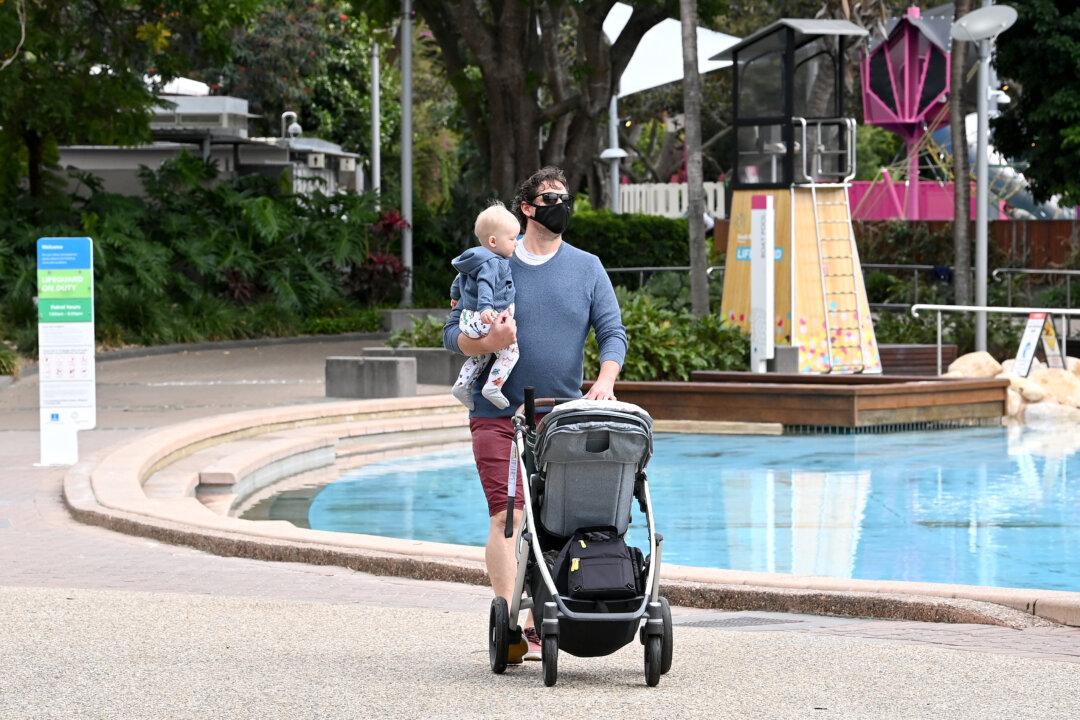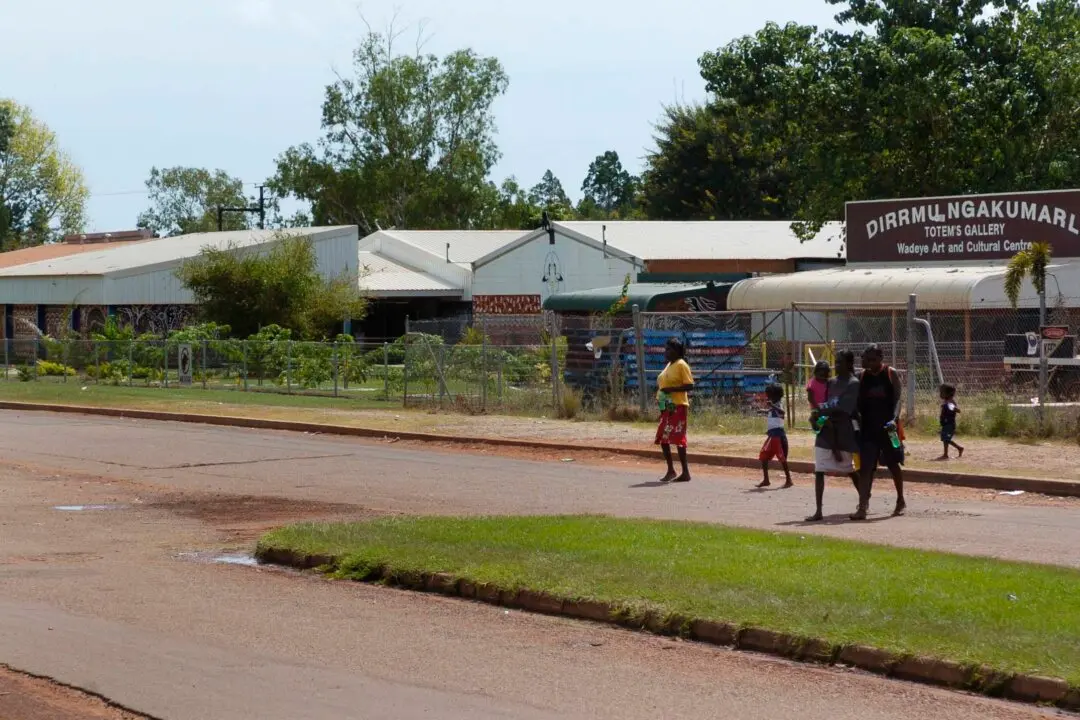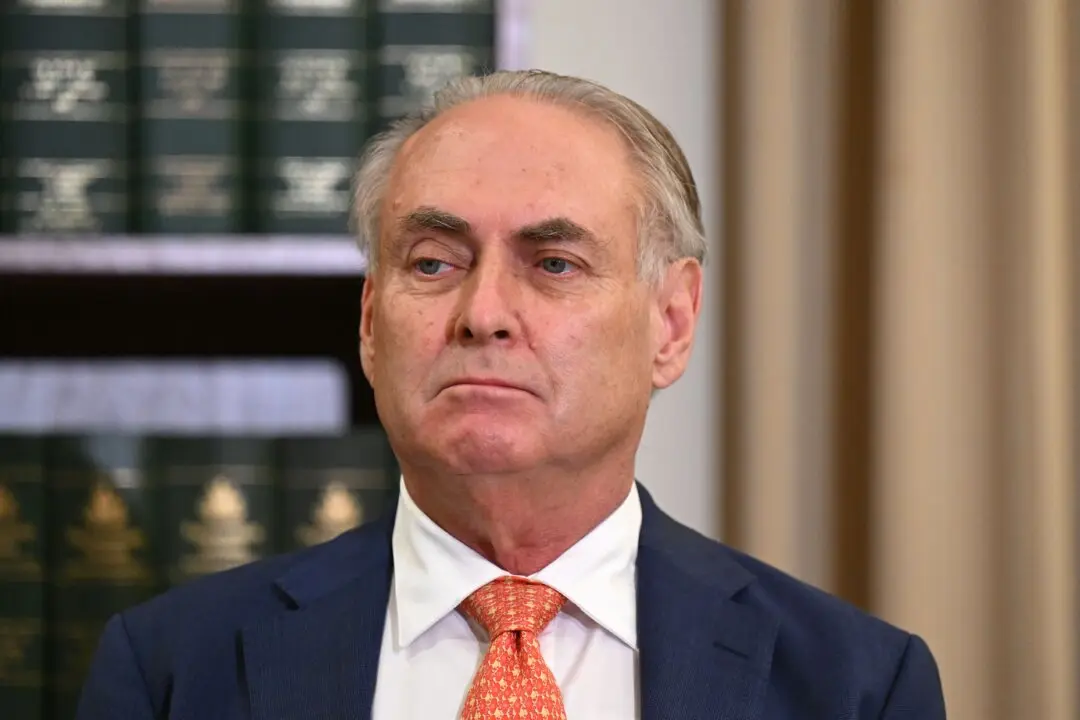A parent advocacy body is calling for the federal government to reform paid parental leave and scale it up towards a full year between carers.
The Parenthood chief executive Georgie Dent appeared before a parliamentary inquiry into the scheme on Monday to outline key areas of reform.





